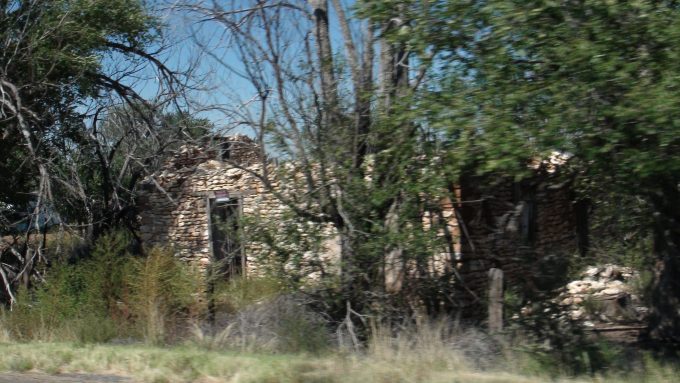
Tuesday, 5 February 2019
Therefore, brethren, having boldness to enter the Holiest by the blood of Jesus, Hebrews 10:19
With the doctrinal aspect of the epistle concluded, the author now begins his words of exhortation and encouragement. The words in this verse and the next few are very similar to those found in Hebrews 4:14-16. After having given so much theological instruction on the supremacy of the work of Christ, he once again restates his thoughts. In other words –
1) “Let us therefore come boldly to the throne of grace.” (4:16)
2) Here is how and why that is possible (intervening chapters and verses)
3) “Therefore, brethren, having boldness to enter the Holiest by the blood of Jesus.” (10:19)
The word, “Therefore,” sums up every chief and supporting thought to be found which explains what is now stated. The statement was made, the case justifying it was presented, and now the case is restated to complete the thought as a close to the presentation.
The Hebrews (and any Gentile who has placed His faith in Christ as well) have been given the information necessary to understand why they, who once were forbidden to go beyond a certain point in the sanctuary under pain of death (Numbers 3:38, etc), were now not only allowed to enter the Holy Places (the word in Greek is in the plural, and it signifies the Holy Place and the Most Holy Place), but rather to have boldness in doing so.
The word “boldness” is one which indicates “freedom of speech,” and thus, “confidence.” There is no holding back, but that which is desired is to be freely obtained. As this is a word referring especially to “boldness in speech,” the idea that one gets is not a literal entering into the Holy Places, but a confident appeal to God who is in the Holy Places, as if we literally enter and speak to the Lord, just as Moses did – face to face (see Exodus 33:11). And, just as the priests of Israel presented the incense daily before the veil, which would then waft through the veil and into the presence of the Lord, so our prayers go through the veil (which is Christ). The symbolism shows that our prayers, because of Christ Jesus, are being transmitted directly to God through Him, and this is because it is “by the blood of Jesus.”
The term is more rightly translated as, “in the blood of Jesus.” We do not carry the blood of Christ into the Most Holy Place, but – like the symbolism of the high priest of Israel – the High Priest Jesus presented the blood, and all who come to Christ are symbolically presented with Him. This is explained, for example, in Ephesians 2 & 3 –
“For through Him we both have access by one Spirit to the Father.” Ephesians 2:18
“…in whom we have boldness and access with confidence through faith in Him.” Ephesians 3:12
The Body has been offered, the Sacrifice has been made, and the blood has been accepted; atonement is realized for those who – by faith – come to God through Christ. We are covered by the blood, and thus we are “in” the blood that has been offered.
Life application: The over-arching theme of the book of Hebrews is “greater than.” Jesus is greater than the angels. Jesus is greater than Moses. Jesus is greater than Aaron, etc. An underlying theme, however, is “boldness.” The word, in one form or another, is used multiple times in the book as a reminder that believers are completely safe, completely secure, and can be completely at rest in what Jesus has done for us. And this did not come about, nor does it come about, by our efforts under the law. It came about solely by Christ’s efforts in fulfillment of the law and in the establishment of the New Covenant in His blood. It is all about JESUS!
Glorious God Almighty, when we were weak and without hope in this world, You sent Christ Jesus to do what we could never do – to obtain that which was out of reach, and to provide that which could not be granted in any other way. He has loosed the chains of bondage, and He has led us to Your glorious presence once again. All hail what You have done through Jesus Christ our Lord. All hail the Name above every name. All hail JESUS! Amen.
